Britain & Ireland
What was it about industrialisation that led to the emergence of a woman’s movement in Victorian Britain? Why do we see so many people fighting for so many rights and liberties in this period and what are the origins of some of the issues we still campaign on today? This section includes our major series on Social and Political Change in the UK from 1800 to the present day. There are also articles and podcasts on the often violent relationship between England and Ireland during this period and England’s changing relationship with Scotland and Wales. Read more
Sort by:
Date (Newest first) | Title A-Z
Show:
All |
Articles |
Podcasts |
Multipage Articles
-

Anti-Americanism in Britain during the Second World War
ArticleClick to view -
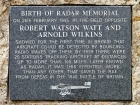
Arnold Wilkins: Pioneer of British Radar
ArticleClick to view -

Attitudes to Liberty and Enslavement: the career of James Irving, a Liverpool slave ship surgeon and captain
ArticleClick to view -
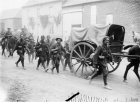
Battle of the Somme: the making of the 1916 propaganda film
ArticleClick to view -

Bertrand Russell's Role in the Cuban Missile Crisis
ArticleClick to view -

Beware the serpent of Rome
ArticleClick to view -
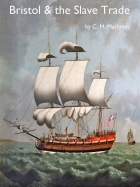
Bristol and the Slave Trade
ArticleClick to view -

Britain and the Formation of NATO
ArticleClick to view -
Britain's Olympic visionary
ArticleClick to view -

British Christians and European Integration
ArticleClick to view -

British Cooperation with the Zionist Agency in Palestine 1940-42
ArticleClick to view -
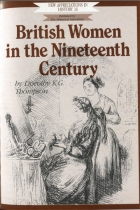
British Women in the Nineteenth Century
ArticleClick to view -
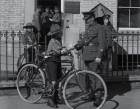
British organised youth and the First World War
ArticleClick to view -

Buffalo Bill and his Wild West show opens London's Earl Court in 1887
ArticleClick to view -

Cartooning King Cotton
ArticleClick to view -
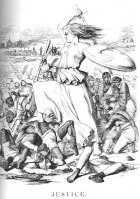
Cartoons and the historian
ArticleClick to view -

Catch me if you can: Trevithik vs. Stephenson
ArticleClick to view -
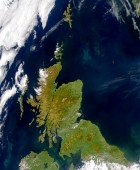
Central and Local Government in Scotland Since 1707
ArticleClick to view -

Chamberlain Day and the popular meaning of Tariff Reform
ArticleClick to view -
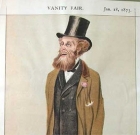
Charles Gilpin
ArticleClick to view

